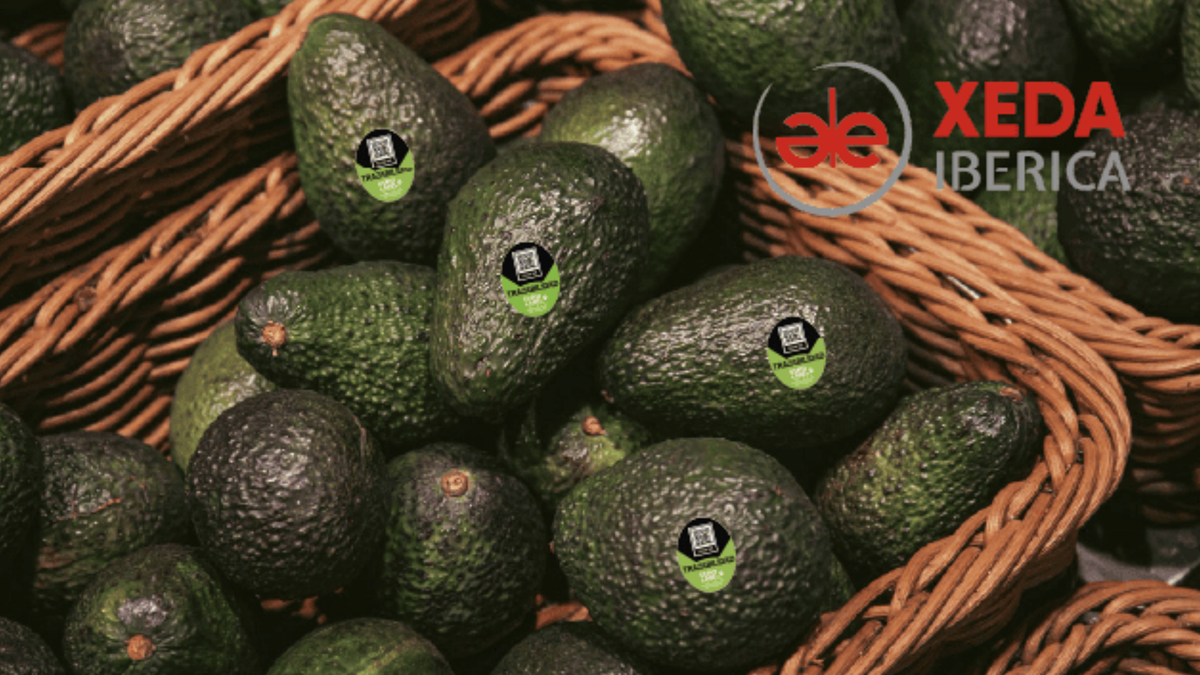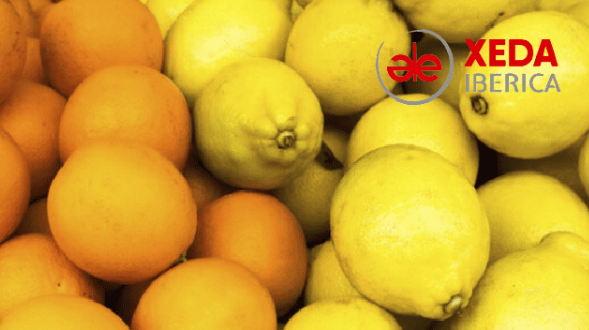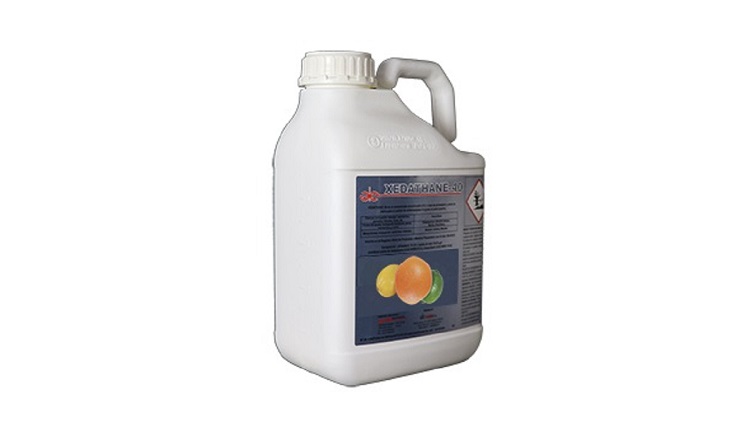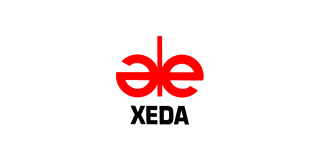

Xeda International
Packaging
The Impact of Labeling on Consumer Purchasing Decisions
Labeling plays a crucial role in influencing consumer purchasing decisions, especially in the case of fruits and vegetables. By providing essential information about quality, origin, organic certifications, nutritional benefits, and sustainability, effective labeling strengthens the connection with the consumer and builds trust in the product. A visually appealing and transparent design is key to standing out in a competitive and increasingly health- and eco-conscious market
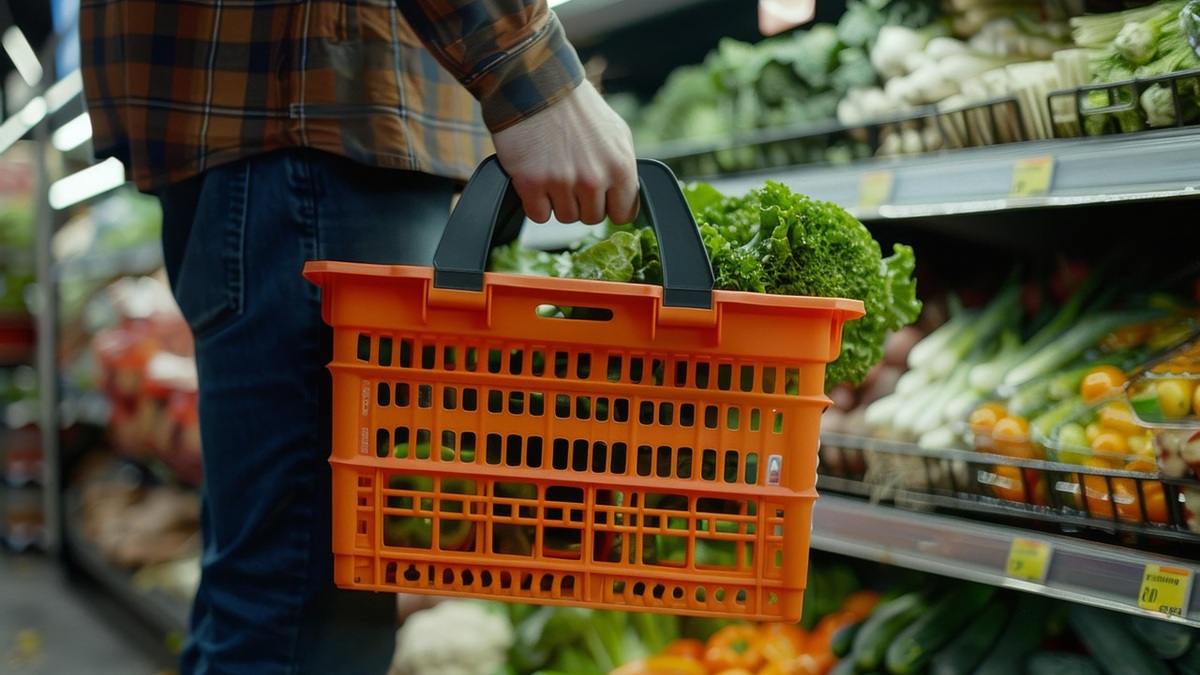
As awareness around health and environmental impact continues to grow, labeling—whether for fresh or processed fruits and vegetables—has become a decisive factor in consumer choice. Beyond simply informing, a well-designed label directly shapes how the product is perceived and influences the final decision at the point of purchase.
At Xeda, we are committed to quality and sustainability. We understand that transparent, informative, and environmentally friendly labeling is essential for success in the fruit and vegetable sector.
This article explores how label design and the information presented can impact consumer perception and ultimately affect purchasing behavior.
Perceived Quality Through Labeling
The label often forms a consumer’s first impression of a product. A clean, professional, and visually appealing label builds trust and suggests quality, while disorganized or unclear labels can undermine the product’s credibility. Key information such as harvest dates or storage duration enhances the perception of freshness and quality, increasing the likelihood of purchase.
Product Origin: A Key Purchasing Factor
In a globalized world, knowing where food comes from is increasingly important to consumers. Labels that clearly indicate local or regional origin create a sense of connection and can positively influence purchasing decisions. Many consumers are now seeking products that support local economies and have a lower environmental footprint.
Organic Certifications: Appealing to the Conscious Consumer
The growing interest in organic and sustainable products has made certifications like EU Organic and Fair Trade essential elements of modern produce labeling. These certifications not only reflect responsible farming practices but also build trust with consumers who value sustainability. Studies show that many are willing to pay more for products with such certifications, underscoring their importance on packaging.
Nutritional Information: Added Value for Health-Conscious Consumers
As health awareness grows, so does the demand for clear nutritional information. Labels that highlight health benefits—such as high vitamin content, fiber, or the absence of added sugars—can be decisive factors for many shoppers. Claims like “rich in vitamin C” or “no added sugars” not only attract health-focused consumers but also enhance the brand’s image of transparency and quality.
Visual Design: A Tool for Attraction
The visual design of a label plays a critical role in how the product is perceived. Elements such as color, typography, and graphic style can create an emotional connection with the consumer. Natural colors like green and yellow evoke freshness and health, while clear and legible fonts build trust. Incorporating images of the product or its ingredients also increases visual appeal.
Transparency: A Cornerstone of Modern Labeling
Transparency is a growing consumer expectation. Shoppers seek labels that clearly disclose information about origin, farming methods, ingredients, and preservation practices. Labels that highlight pesticide-free farming or environmental commitments resonate strongly with environmentally conscious audiences.
Labeling as a Bridge to Consumer Engagement
Labeling is not just a legal requirement—it’s a strategic opportunity to build lasting relationships with consumers. A well-executed label that aligns with consumer values, showcases product origin, emphasizes nutritional benefits, and includes trusted certifications can make a significant difference at the point of sale.


